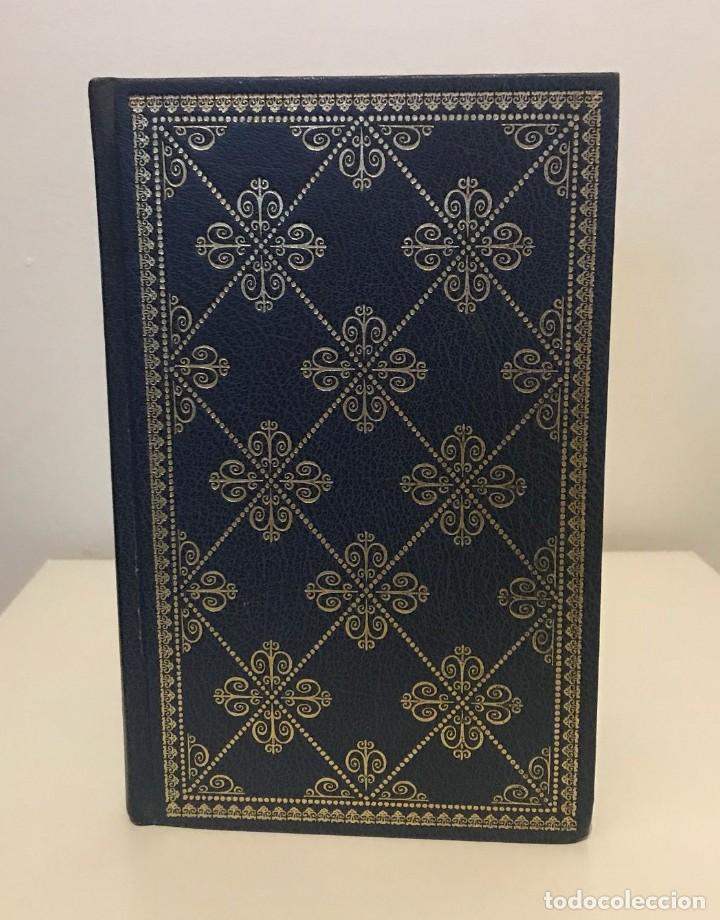
The young migrant worker arrives at the forbidding coal mining town of Montsou in the bleak area of the far north of France to earn a living as a miner. The novel's central character is Étienne Lantier, previously seen in L'Assommoir (1877), and originally to have been the central character in Zola's "murder on the trains" thriller La Bête humaine (1890) before the overwhelmingly positive reaction to Germinal persuaded him otherwise. The title page of the 1885 French edition Men were springing forth, a black avenging army, germinating slowly in the furrows, growing towards the harvests of the next century, and their germination would soon overturn the earth. As the final lines of the novel read:ĭes hommes poussaient, une armée noire, vengeresse, qui germait lentement dans les sillons, grandissant pour les récoltes du siècle futur, et dont la germination allait faire bientôt éclater la terre. Germen is a Latin word which means "seed" the novel describes the hope for a better future that seeds amongst the miners. The title ( pronounced ) refers to the name of a month of the French Republican Calendar, a spring month. It was first serialized between November 1884 and February 1885 in the periodical Gil Blas, then in March 1885 published as a book. Germinal was written between April 1884 and January 1885.

It has also inspired five film adaptations and two television productions. Often considered Zola's masterpiece and one of the most significant novels in the French tradition, the novel – an uncompromisingly harsh and realistic story of a coalminers' strike in northern France in the 1860s – has been published and translated in over one hundred countries.

Germinal is the thirteenth novel in Émile Zola's twenty-volume series Les Rougon-Macquart.


 0 kommentar(er)
0 kommentar(er)
